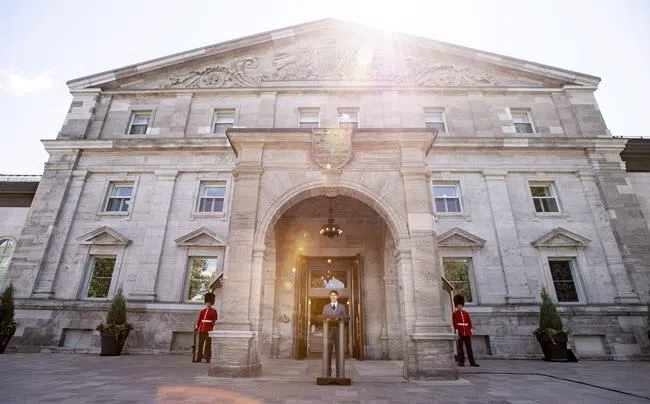
Feds poised to beef up bill to prevent foreign election interference
OTTAWA — Prime Minister Justin Trudeau and his newly shuffled cabinet will focus squarely on next year’s election at a two-day retreat this week — including a hard look at the very laws governing elections.
Last spring the government introduced Bill C-76, aimed at preventing foreign interference in elections and regulating third-party advocacy groups, as well as undoing a number of controversial measures passed by the previous Conservative government.
But insiders say the Liberals now want to beef up the bill, which was being studied by the procedure and House affairs committee when Parliament broke for the summer.
Among other things, the government wants to do more to ensure foreign actors or money aren’t involved in elections, require more transparency for political messaging on social media and prevent political parties from setting up ostensible advocacy groups to support them and help skirt spending limits.
